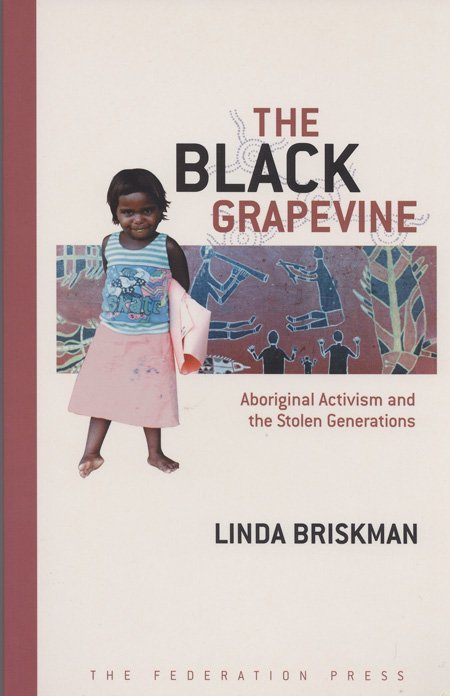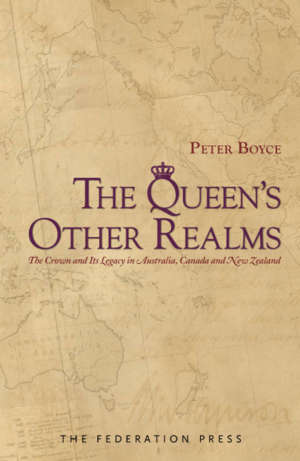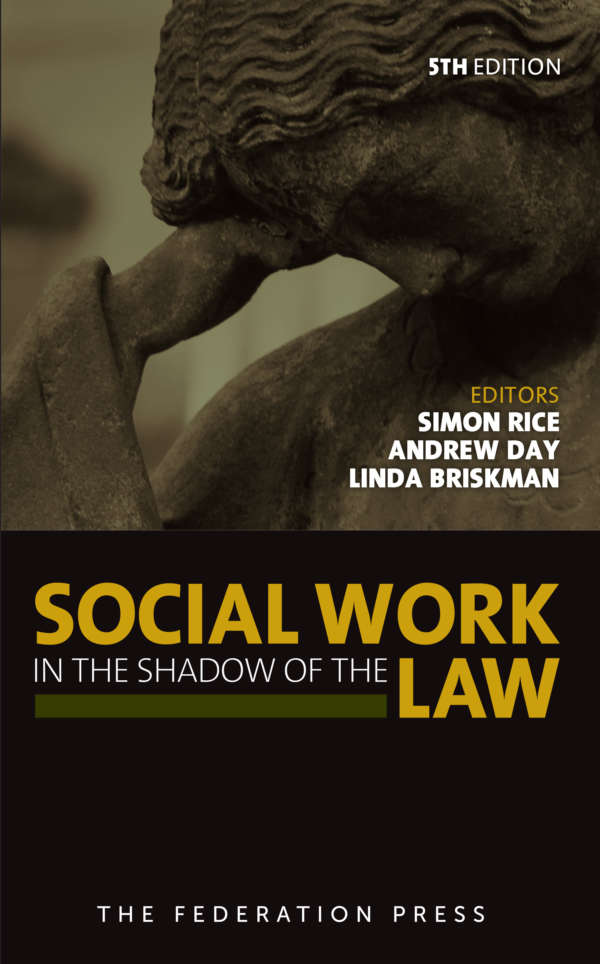Product Description
The Black Grapevine tells the extraordinary story of Indigenous efforts to stop children becoming part of the ‘stolen generations’ and to end the government policies and practices which destroyed their families.
Linda Briskman uses the story of the Secretariat of National Aboriginal and Island Child Care (SNAICC) to centre her book. Indigenous people involved tell how they came together to form a national organisation for child care, how they found similar experiences from one end of Australia to the other, how they pooled experience and emotion to provide support for one another, how they lobbied for a national inquiry.
And they campaigned. Indigenous activists fought with astonishing resilience for recognition of past and present practices, for the right to have Indigenous viewpoints to the forefront, and for resources.
Briskman’s story goes beyond the contest with the state to give a convincing portrait of the ways in which Indigenous groups worked. There are connections with international action, educational and fund-raising projects, and the much-vaunted annual Aboriginal and Islander Children’s Day.
She concludes by reflecting on the successes of campaigns and actions to date, and the extent of ‘unfinished business’. Her strong academic background combines with the oral testimony of the activists to produce a fast-moving book that is both entertaining and rigorous.







